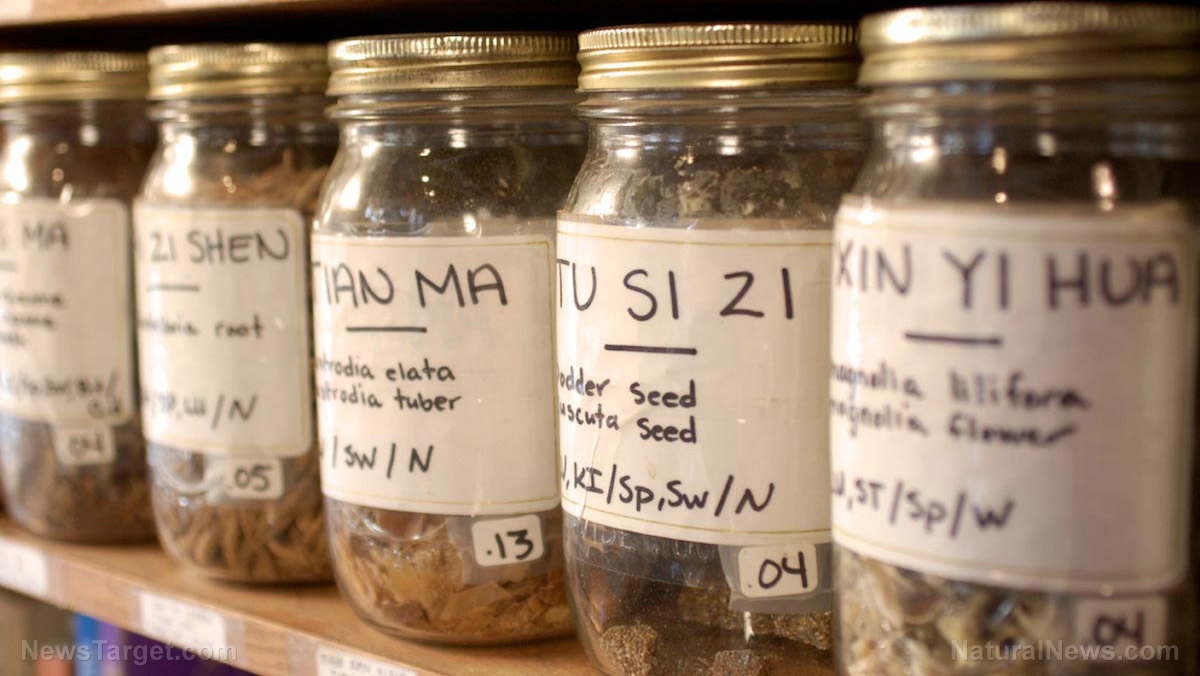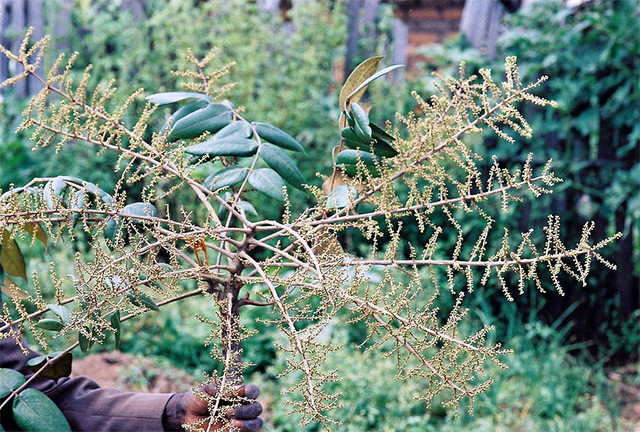Acupuncture improves gastrointestinal function recovery for colorectal cancer patients
11/08/2018 / By Rhonda Johansson

Surgery is often the main treatment for early-stage colon cancer. Depending on the extent of the disease, a portion or all of the colon may be removed. This treatment method, despite its prevalence, has an underwhelming success rate, with oncologists admitting that the overall survival rate and the chance of remission are much the same for these types of surgeries. Moreover, surgically removing a part of the colon does not guarantee that a person’s cancer is “gone” or “eliminated.”
In fact, postoperative side-effects following surgery for colorectal cancer are often debilitating and worrisome. One such condition is postoperative ileus which refers to an impairment in intestinal motility. The condition causes significant discomfort among patients and may prolong their hospital stay. Postoperative ileus may also be accompanied by abdominal distention, nausea, and vomiting.
Alternative therapies can be considered to hasten the recovery of patients who have undergone a major surgery, particularly those targeting the colon. A recent systematic review has concluded that acupuncture may be useful in assisting the recovery of cancer patients who have gone through colorectal surgery.
For the purposes of the review, 22 randomized controlled trials were identified from major English and Chinese language biomedical databases. The review included data from 1,628 patients who were aged 18-years-old or above during the time of their operation. Of the 22 studies, five were sham-controlled. Likewise, outcomes for the studies were further divided into:
- Recovery in gastrointestinal function (21 studies),
- Recovery of urinary function (1 study),
- Postoperative abdominal distension (3 studies), and
- Quality of life (1 study)
The results showed that acupuncture following a colorectal surgery improved recovery of gastrointestinal function. The review also found that the stimulation of the point ST36 Zusanli was the most effective at hastening recovery.
The full review was published in Evidence-Based Complementary and Alternative Medicine.
Acupuncture in cancer pain management
Acupuncture is a non-pharmacologic intervention that can be applied as part of a multi-modal approach to the management of cancer pain. This healing modality in Traditional Chinese Medicine is based on the school of thought that diseases are the manifestation of blocked energy (or “qi”). By using fine needles on certain pressure points, these blocked energies can flow once more, effectively removing the disease.
Although the ideas of qi and meridians are inconsistent with modern medicine, recent neuroscience research has suggested that acupuncture is clinically powerful in modulating the nervous system. Moreover, its benefits are often without side-effects — a typical complaint in patients who opt for a pharmacology-based pain management plan.
This is incredibly beneficial for cancer patients who are already trying to cope with the many complications associated with the disease. Acupuncture is slowly being recognized as a clinically relevant solution for cancer pain, particularly those triggered after a surgery. The integrative intervention has even been officially included under the National Comprehensive Cancer Network guidelines for alleviating adult cancer pain.
One thing that must be highlighted is that acupuncture may remove or reduce the risk of opioid dependency. Postoperative cancer patients may become dependent on pain relief medicine, which has its own set of side-effects and potential dangers. With acupuncture, these patients may find relief naturally. (Related: Acupuncture believed to help fight cancer by enhancing the immune system and supporting remission!)
As seen with this new systematic review, acupuncture can work in various ways. Not only can it reduce postoperative pain, but it can also hasten recovery by improving overall body function.
If you or a loved one are considering using acupuncture as part of your cancer treatment, remember to work closely with a qualified acupuncturist. Treatment plans are designed to suit each individual, following an intensive health check-up.
Sources include:
Tagged Under: alternative medicine, Colorectal Cancer, pain relief, postoperative ileus, postoperative pain, traditional Chinese medicine



















